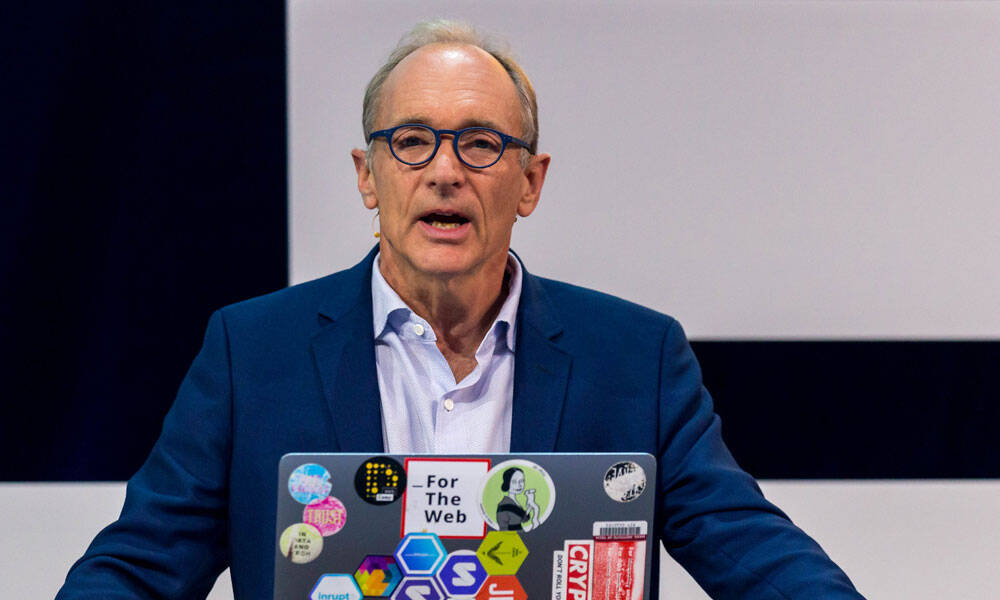
The World Wide Web’s Inventor Has a Plan to Fix It. Here’s the Contract.
With the help of the World Wide Web Foundation, Tim Berners-Lee has launched a new “Contract for the Web,” with a wide array of signatories who have pledged to take an ethical approach online.
It took a few decades, but the guy who invented the World Wide Web is working to set some ground rules for its use.
This week, the World Wide Web Foundation, where Tim Berners-Lee is a founding director, announced what it calls a “Contract for the Web,” which encourages organizations and individuals to take steps to keep the internet accessible, safe, and ethical.
We haven’t had a fairly complex, fairly complete plan of action for the web going forward. This is the first time we’ve had a rule book in which responsibility is being shared.
“The web was designed to bring people together and make knowledge freely available. It has changed the world for good and improved the lives of billions,” the contract website states. “Yet, many people are still unable to access its benefits, and, for others, the web comes with too many unacceptable costs.”
The contract lays out nine principles—three each for governments, companies, and citizens. For example, it challenges governments to “keep all of the internet available, all of the time,” companies to “respect and protect people’s privacy and personal data to build online trust,” and citizens to “be creators and collaborators on the web.”
And the promise already has a whole lot of supporters. The contract has earned signatures from organizations as diverse as Google, Twitter, Microsoft, Reporters Without Borders, and Public Knowledge.
Why introduce such an idea now? It has a lot to do with the less-than-civil climate the internet has fostered as it grew into an essential part of the global discourse, as well as increasing concerns about the spread if misinformation, inadequate protection of personal data, and censorship.
“We haven’t had a fairly complex, fairly complete plan of action for the web going forward,” Berners-Lee told Time recently. “This is the first time we’ve had a rule book in which responsibility is being shared.”
In a New York Times op-ed calling for a “radical intervention from all those who have power over its future,” Berners-Lee puts the onus for fixing the internet’s many problems on all its stakeholders—and says that collaboration will lead to better results.
“We have to overcome the stalemate that has characterized previous attempts to solve the problems facing the web,” he says. “Governments must stop blaming platforms for inaction, and companies must become more constructive in shaping future regulation—not just opposing it.”
Tim Berners-Lee, speaking at a conference in October. (Marco Verch/Flickr)






Comments